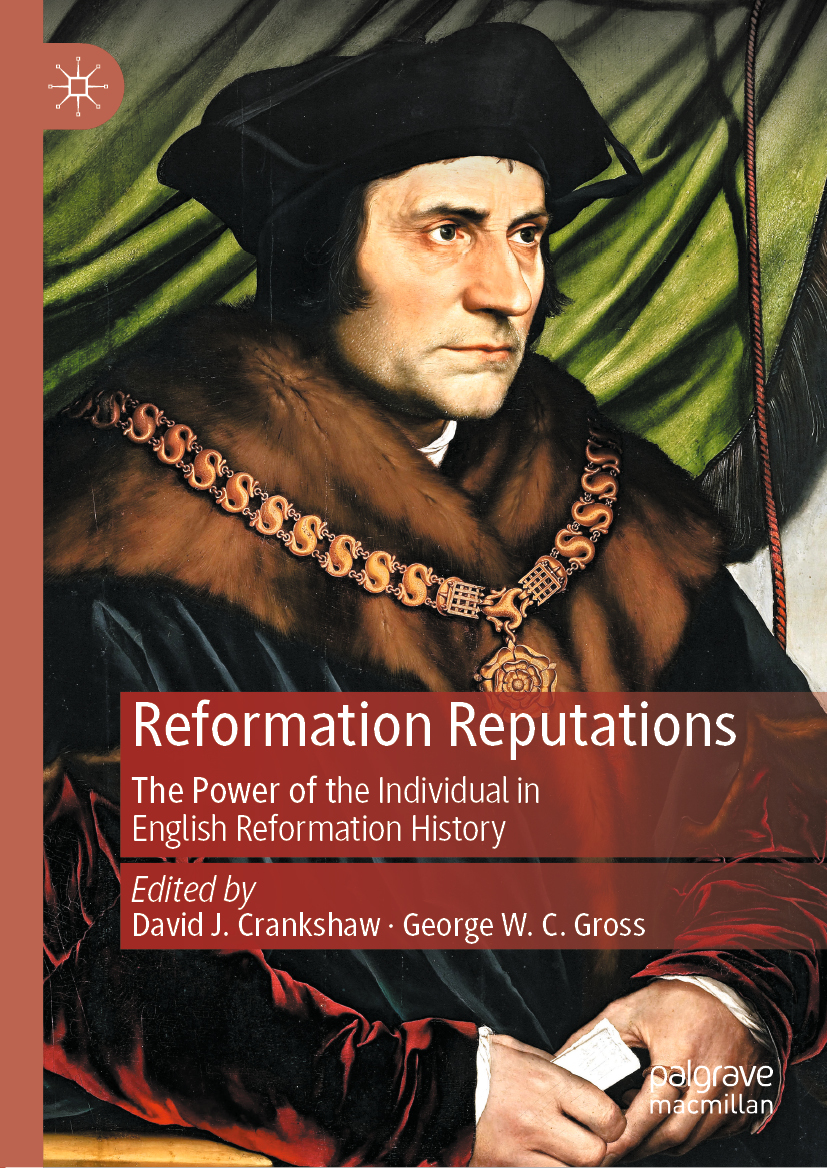

Most ebook files are in PDF format, so you can easily read them using various software such as Foxit Reader or directly on the Google Chrome browser.
Some ebook files are released by publishers in other formats such as .awz, .mobi, .epub, .fb2, etc. You may need to install specific software to read these formats on mobile/PC, such as Calibre.
Please read the tutorial at this link: https://ebookbell.com/faq
We offer FREE conversion to the popular formats you request; however, this may take some time. Therefore, right after payment, please email us, and we will try to provide the service as quickly as possible.
For some exceptional file formats or broken links (if any), please refrain from opening any disputes. Instead, email us first, and we will try to assist within a maximum of 6 hours.
EbookBell Team

4.4
82 reviewsThis book highlights the pivotal roles of individuals in England’s complex sixteenth-century reformations. While many historians study broad themes, such as religious moderation, this volume is centred on the perspective that great changes are instigated not by themes, or ‘isms’, but rather by people – a point recently underlined in the 2017 quincentenary commemorations of Martin Luther’s protest in Germany. That sovereigns from Henry VIII to Elizabeth I largely drove religious policy in Tudor England is well known. Instead, the essays collected in this volume, inspired by the quincentenary and based upon original research, take a novel approach, emphasizing the agency of some of their most interesting subjects: Protestant and Roman Catholic, clerical and lay, men and women. With an introduction that establishes why the commemorative impulse was so powerful in this period and explores how reputations were constructed, perpetuated and manipulated, the authors of the nine succeeding chapters examine the reputations of three archbishops of Canterbury (Thomas Cranmer, Matthew Parker and John Whitgift), three pioneering bishops’ wives (Elizabeth Coverdale, Margaret Cranmer and Anne Hooper), two Roman Catholic martyrs (John Fisher and Thomas More), one evangelical martyr other than Cranmer (Anne Askew), two Jesuits (John Gerard and Robert Persons) and one author whose confessional identity remains contested (Anthony Munday). Partly biographical, though mainly historiographical, these essays offer refreshing new perspectives on why the selected figures are famed (or should be famed) and discuss what their reformation reputations tell us today.